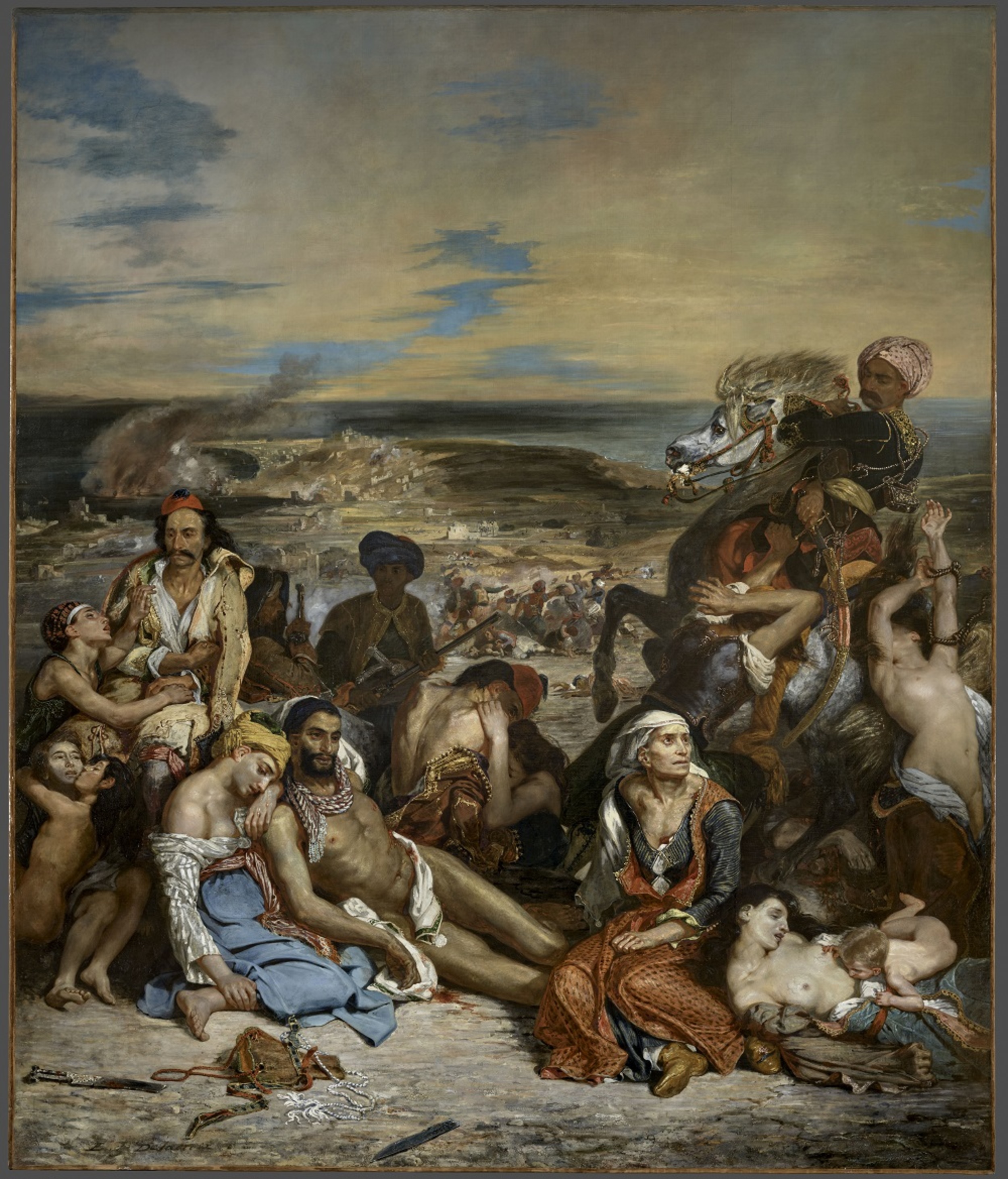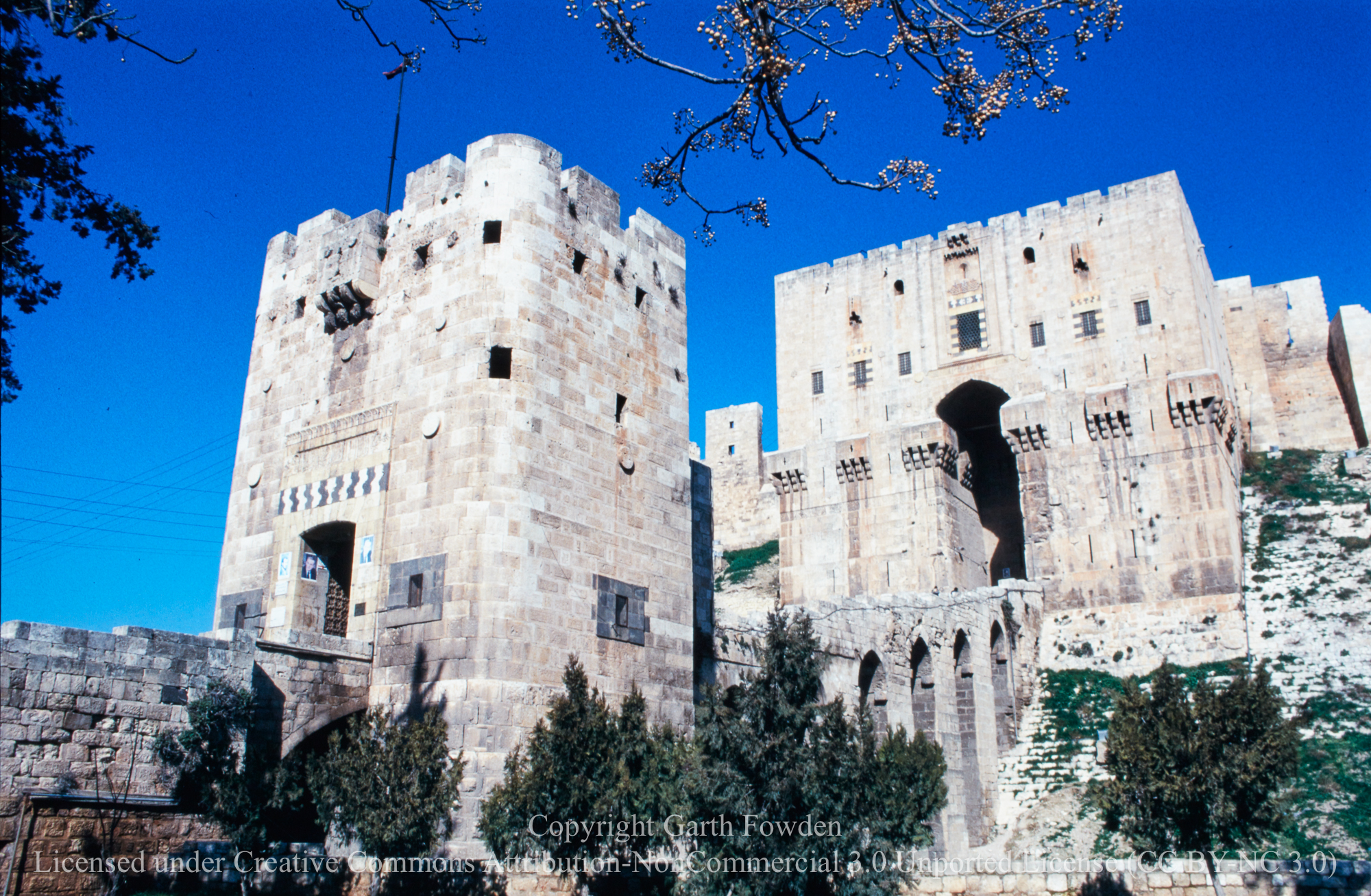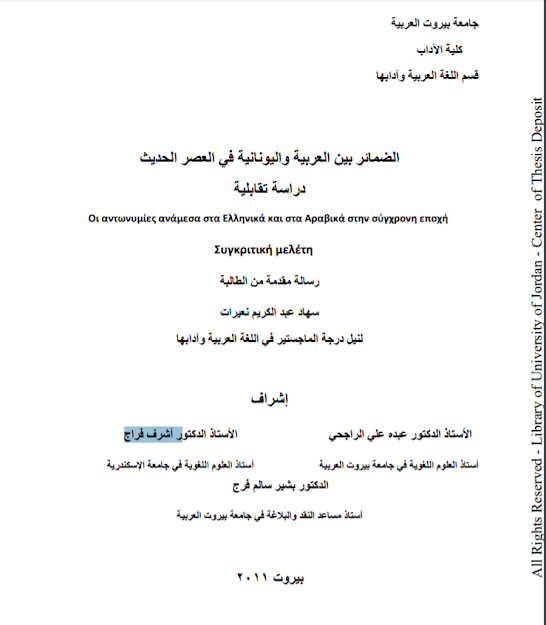For Arabic Scroll down
--------------------------------------------------------
The Alexandria Center for Hellenistic Studies (ACHS) announces the beginning of registration for Diploma and Master’s degrees in Hellenistic Studies from 4 August–15 September 2020.
This Master’s Program is the fruit of a collaboration between ACHS, the Vardinoyannis Foundation, and Alexandria University, and is available in four modules: History; Literature; Art, Archaeology and Architecture; Philosophy and Science.
English is the teaching language.
The Alexandria Center for Hellenistic Studies, in cooperation with the Vardinoyannis Foundation, provides a grant of 75% of the tuition fees to applicants (Terms apply).
Admission requires a BA in Classics, Archaeology or equivalent degrees from an accredited university in Egypt with Good Grade minimum. Those with the aforementioned BAs may apply directly for a Master’s degree. Non-specialized graduates must enroll in a one-year qualifying diploma.
The Center interests itself in the era when Alexandria flourished; namely, from its construction until the end of the Ptolemaic period.
For more information, please contact the Alexandria Center for Hellenistic Studies:
Tel.: + (203) 4839999, Ext. 1920
E-mail: hellenistic.studies@bibalex.org













